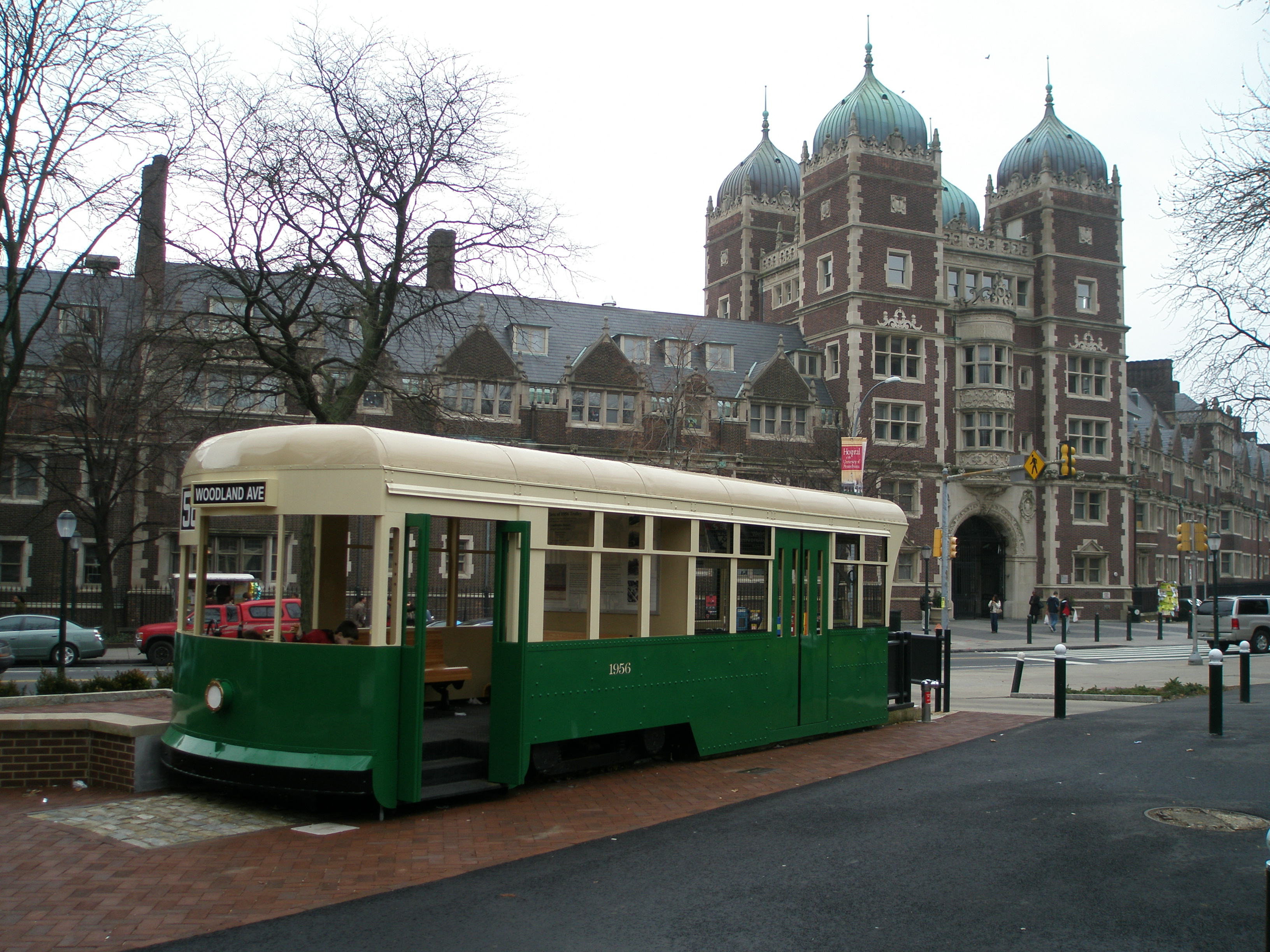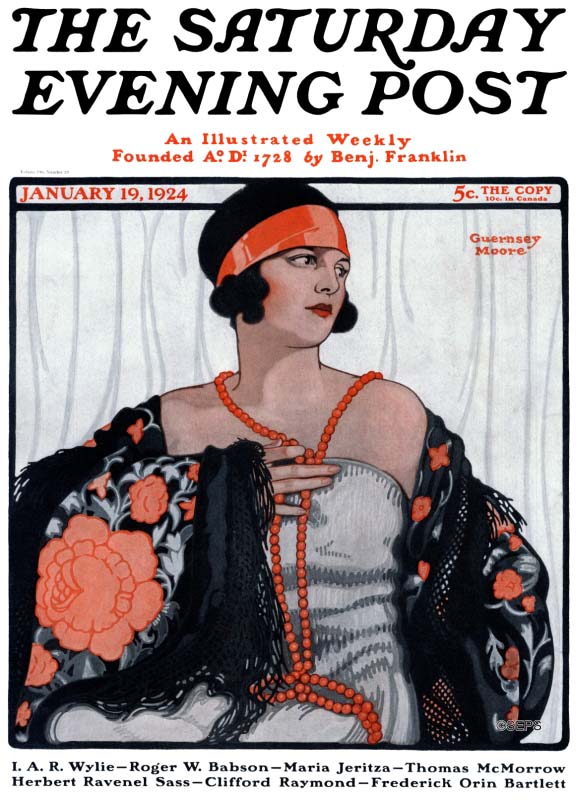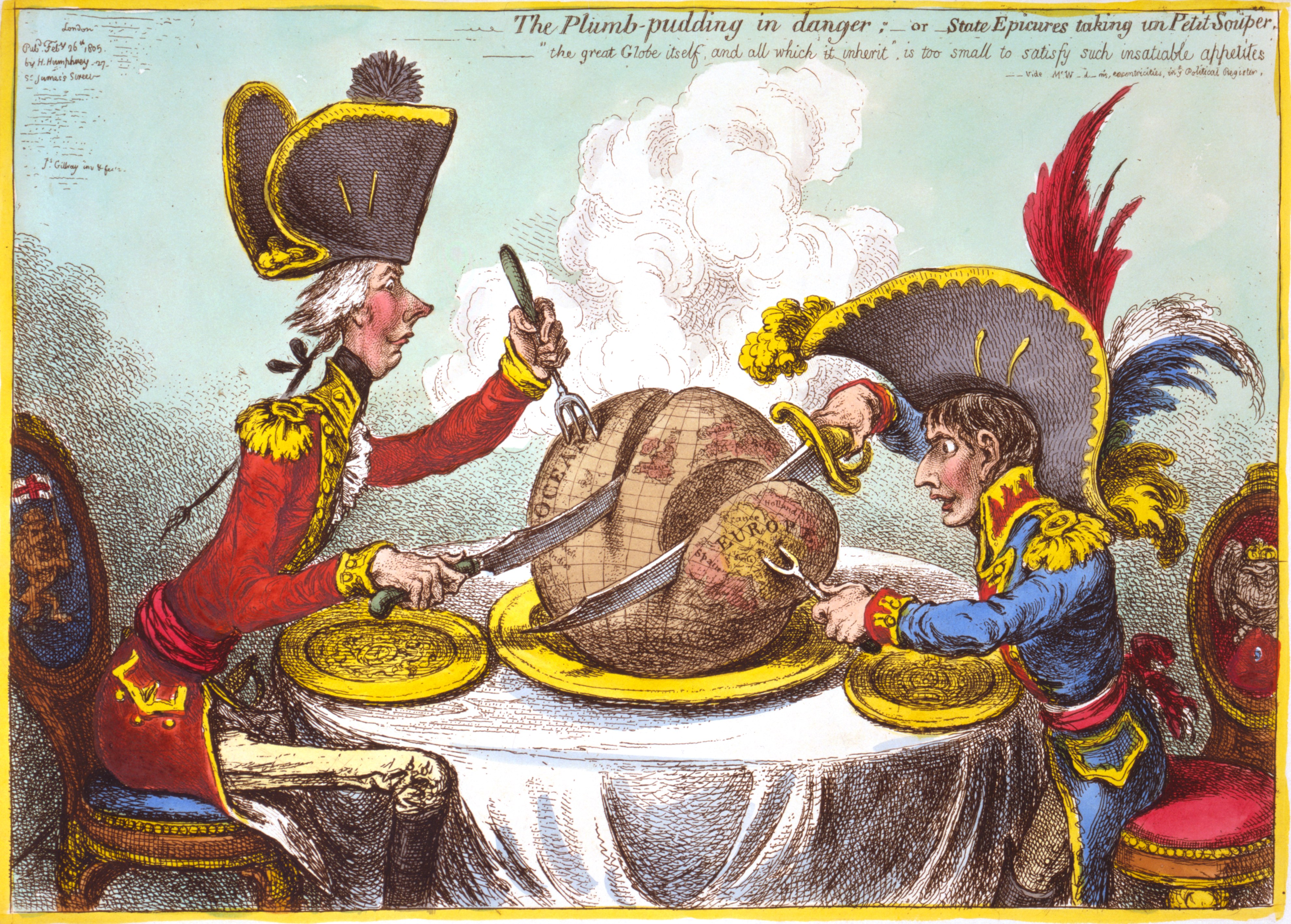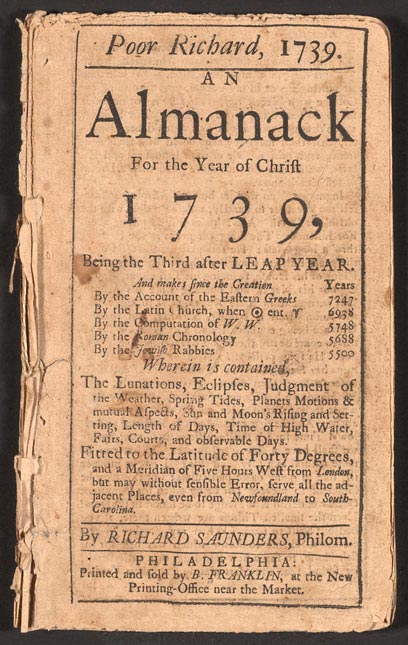|
Pennsylvania Gazette
''The Pennsylvania Gazette'' was one of the United States' most prominent newspapers from 1728 until 1800. In the years leading up to the American Revolution, the newspaper served as a voice for colonial opposition to Kingdom of Great Britain, British colonial rule, especially to the Stamp Act (1765), Stamp Act and the Townshend Acts. The newspaper was headquartered in Philadelphia. History 18th century The newspaper was first published in 1728 by Samuel Keimer and was the second newspaper to be published in the colonial Province of Pennsylvania under the name ''The Universal Instructor in all Arts and Sciences: and Pennsylvania Gazette'', a reference to Keimer's intention to print out a page of Ephraim Chambers' ''Cyclopaedia, or Universal Dictionary of Arts and Sciences'' in each edition. On October 2, 1729, Samuel Keimer, the owner of ''The Gazette'', fell into debt and before fleeing to Barbados sold the newspaper to Benjamin Franklin and his partner Hugh Meredith, who ... [...More Info...] [...Related Items...] OR: [Wikipedia] [Google] [Baidu] |
University Of Pennsylvania
The University of Pennsylvania (Penn or UPenn) is a Private university, private Ivy League research university in Philadelphia, Pennsylvania, United States. One of nine colonial colleges, it was chartered in 1755 through the efforts of founder and first president Benjamin Franklin, who had advocated for an educational institution that trained leaders in academia, commerce, and public service. The university has four undergraduate schools and 12 graduate and professional schools. Schools enrolling undergraduates include the College of Arts and Sciences, the University of Pennsylvania School of Engineering and Applied Science, School of Engineering and Applied Science, the Wharton School, and the University of Pennsylvania School of Nursing, School of Nursing. Among its graduate schools are its University of Pennsylvania Law School, law school, whose first professor, James Wilson (Founding Father), James Wilson, helped write the Constitution of the United States, U.S. Cons ... [...More Info...] [...Related Items...] OR: [Wikipedia] [Google] [Baidu] |
Hugh Meredith
Hugh Meredith (c. 1697 - c. 1749) was a farmer and printer in the American colonies, who briefly had a partnership with Benjamin Franklin as publishers of the ''Pennsylvania Gazette''. Meredith was of Welsh descent and born outside Philadelphia, where he was a farmer. At the age of 30, he took an apprenticeship to learn printing. Franklin and Meredith worked under Samuel Keimer, and Meredith was an original member of the Junto club founded by Franklin. Around 1728 the two formed a partnership, with Meredith's father providing half of the needed money for the venture. They bought Keimer's ''Universal Instructor in all Arts and Sciences: and Pennsylvania Gazette'' in 1729. By the next year, Franklin acted to buy out Meredith's interest. By May 1732 Franklin had acquired complete ownership of the ''Gazette''. In the summer of 1730 Meredith moved to the Welsh Tract settlement in the Cape Fear region of North Carolina North Carolina ( ) is a U.S. state, state in the S ... [...More Info...] [...Related Items...] OR: [Wikipedia] [Google] [Baidu] |
Saturday Evening Post
''The Saturday Evening Post'' is an American magazine published six times a year. It was published weekly from 1897 until 1963, and then every other week until 1969. From the 1920s to the 1960s, it was one of the most widely circulated and influential magazines among the American middle class, with fiction, non-fiction, cartoons and features that reached two million homes every week. In the 1960s, the magazine's readership began to decline. In 1969, ''The Saturday Evening Post'' folded for two years before being revived as a quarterly publication with an emphasis on medical articles in 1971. As of the late 2000s, ''The Saturday Evening Post'' is published six times a year by the Saturday Evening Post Society, which purchased the magazine in 1982. The magazine was redesigned in 2013. History 19th century ''The Saturday Evening Post'' was first published in 1821 in the same printing shop at 53 Market Street (Philadelphia), Market Street in Philadelphia, where the Benjamin Frankl ... [...More Info...] [...Related Items...] OR: [Wikipedia] [Google] [Baidu] |
Join, Or Die
''Join, or Die.'' is a political cartoon showing the disunity in the American colonies, originally in the context of the French and Indian War in 1754. Attributed to Benjamin Franklin, the original publication by ''The Pennsylvania Gazette'' on May 9, 1754, is the earliest known pictorial representation of colonial union produced by an American colonist in Thirteen Colonies, Colonial America. It was based on a superstition that if a snake was cut in pieces and the pieces were put together before sunset, the snake would return to life. The cartoon is a woodcut showing a snake cut into eighths, with each segment labeled with the initials of one of the Thirteen Colonies, American colonies or regions. New England Colonies, New England was represented as one segment, rather than the four colonies it was at that time. Delaware Colony, Delaware was not listed separately as it was part of Province of Pennsylvania, Pennsylvania. Province of Georgia, Georgia, however, was omitted com ... [...More Info...] [...Related Items...] OR: [Wikipedia] [Google] [Baidu] |
Editorial Cartoon
A political cartoon, also known as an editorial cartoon, is a cartoon graphic with caricatures of public figures, expressing the artist's opinion. An artist who writes and draws such images is known as an editorial cartoonist. They typically combine artistic skill, hyperbole and satire in order to either question authority or draw attention to corruption, political violence and other social ills. Developed in England in the latter part of the 18th century, the political cartoon was pioneered by James Gillray, although his and others in the flourishing English industry were sold as individual prints in print shops. Founded in 1841, the British periodical ''Punch (magazine), Punch'' appropriated the term ''cartoon'' to refer to its political cartoons, which led to the term's widespread use. History Origins The pictorial satire has been credited as the precursor to the political cartoons in England: John J. Richetti, in ''The Cambridge history of English literature, 1660– ... [...More Info...] [...Related Items...] OR: [Wikipedia] [Google] [Baidu] |
Indentured Servitude
Indentured servitude is a form of labor in which a person is contracted to work without salary for a specific number of years. The contract called an " indenture", may be entered voluntarily for a prepaid lump sum, as payment for some good or service (e.g. travel), purported eventual compensation, or debt repayment. An indenture may also be imposed involuntarily as a judicial punishment. The practice has been compared to the similar institution of slavery, although there are differences. Historically, in an apprenticeship, an apprentice worked with no pay for a master tradesman to learn a trade. This was often for a fixed length of time, usually seven years or less. Apprenticeship was not the same as indentureship, although many apprentices were tricked into falling into debt and thus having to indenture themselves for years more to pay off such sums. Like any loan, an indenture could be sold. Most masters had to depend on middlemen or ships' masters to recruit and transport ... [...More Info...] [...Related Items...] OR: [Wikipedia] [Google] [Baidu] |
Fugitive Slaves In The United States
In the United States, fugitive slaves or runaway slaves were terms used in the 18th and 19th centuries to describe people who fled slavery. The term also refers to the federal Fugitive Slave Acts of 1793 and 1850. Such people are also called freedom seekers to avoid implying that the enslaved person had committed a crime and that the slaveholder was the injured party. Generally, they tried to reach states or territories where slavery was banned, including Canada, or, until 1821, Spanish Florida. Most slave laws tried to control slave travel by requiring them to carry official passes if traveling without an enslaver. Passage of the Fugitive Slave Act of 1850 increased penalties against runaway slaves and those who aided them. Because of this, some freedom seekers left the United States altogether, traveling to Canada or Mexico. Approximately 100,000 enslaved Americans escaped to freedom. Laws Beginning in 1643, slave laws were enacted in Colonial America, initially among t ... [...More Info...] [...Related Items...] OR: [Wikipedia] [Google] [Baidu] |
Kite Experiment
The kite experiment is a scientific experiment in which a kite with a pointed conductive wire attached to its apex is flown near thunder clouds to collect static electricity from the air and conduct it down the wet kite string to the ground. The experiment was first proposed in 1752 by Benjamin Franklin, who reportedly conducted the experiment with the assistance of his son William. The experiment's purpose was to investigate the nature of lightning and electricity, which were not yet understood. Combined with further experiments on the ground, the kite experiment demonstrated that lightning and electricity were the result of the same phenomenon. Background Speculations of Jean-Antoine Nollet had led to the issue of the electrical nature of lightning being posed as a prize question at Bordeaux in 1749. In 1750, it was the subject of public discussion in France with a dissertation of Denis Barberet receiving a prize in Bordeaux. Barberet proposed a cause in line with the triboel ... [...More Info...] [...Related Items...] OR: [Wikipedia] [Google] [Baidu] |
Andrew Hamilton (lawyer)
Andrew Hamilton (1676 – August 4, 1741) was a Scottish lawyer in the Thirteen Colonies who settled in Philadelphia. He was best known for his legal victory on behalf of the printer and newspaper publisher John Peter Zenger. His involvement with the 1735 decision in New York helped to establish that truth is a defense to an accusation of libel. His eloquent defense concluded with saying that the press has "a liberty both of exposing and opposing tyrannical power by speaking and writing truth." His success in this case has been said to have inspired the now-archaic term "Philadelphia lawyer", meaning a particularly adept and clever attorney, as in "It would take a Philadelphia lawyer to get him off." His estate in Philadelphia, known as Bush Hill, was inherited by his son, William Hamilton, who leased it for use as the vice-president's house during the years that the city was the temporary capital of the United States. Early life Hamilton was believed to be born in the Kingdom ... [...More Info...] [...Related Items...] OR: [Wikipedia] [Google] [Baidu] |
Poor Richard's Almanack
''Poor Richard's Almanack'' (sometimes ''Almanac'') was a yearly almanac published by Benjamin Franklin, who adopted the pseudonym of "Poor Richard" or "Richard Saunders" for this purpose. The publication appeared continually from 1732 to 1758. It sold exceptionally well for a pamphlet published in the Thirteen Colonies; print runs reached 10,000 per year. Franklin, the American inventor, statesman, and accomplished publisher and printer, achieved success with ''Poor Richard's Almanack''. Almanacks were very popular books in colonial America, offering a mixture of seasonal weather forecasts, practical household hints, puzzles, and other amusements. ''Poor Richard's Almanack'' was also popular for its extensive use of wordplay, and some of the witty phrases coined in the work survive in the contemporary American vernacular. History On December 28, 1732, Benjamin Franklin announced in '' The Pennsylvania Gazette'' that he had just printed and published the first edition of ... [...More Info...] [...Related Items...] OR: [Wikipedia] [Google] [Baidu] |








